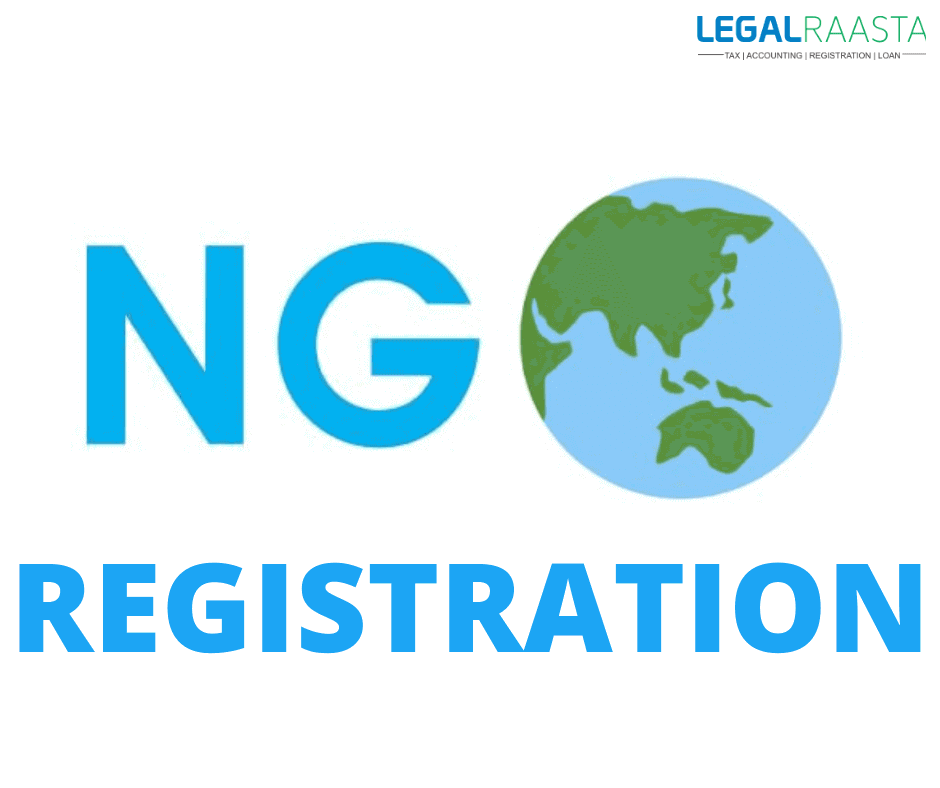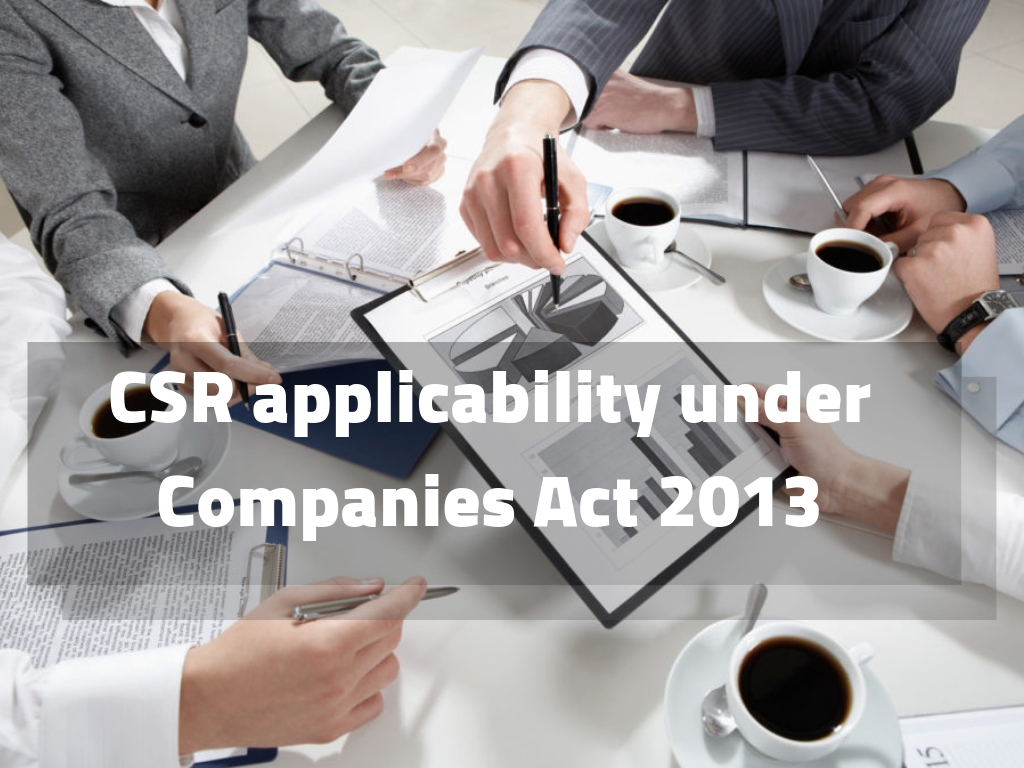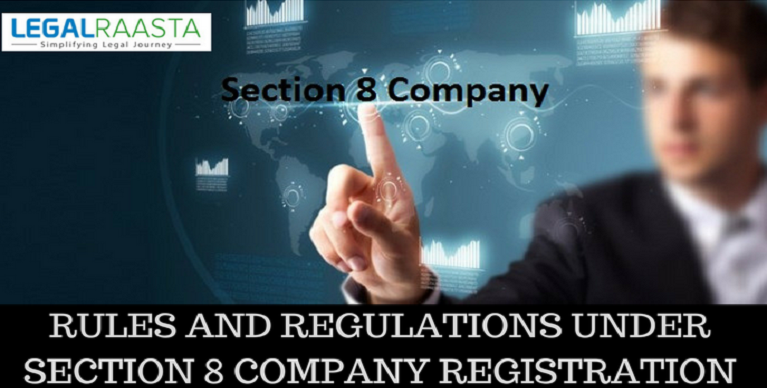Unspoken Challenges Section 8 Company Registration’s
If you plan to start a non-profit organization in India, then your company needs to be registered under Section 8.To achieve this purpose, a business firm must be incorporated for the purpose of promoting trade, the arts, science, sports, education, research, social welfare, charity, environmental protection, or any other similar objects. Meta Title: Things You Must Know Before Section 8 Company Registration.
However, every form of company registration has its limitations and Section 8 Registration is no exception. Although the theory of initiating an organisation for the benefit of all is admirable, it will be of distinctive importance to know of the many barriers that can confront you in the operations of the company.
Drawbacks and Constraints of Section 8 Company Registration
So let’s discuss the unknown drawbacks and constraints of Section 8 Company Registration in this blog so that you know what to expect before you register a company under Section 8 of the Companies Act.
1. Stiff Compliance Mechanism
Another micro-advantage of Section 8 Company Registration is that it involves much compliance. Despite the fact that the company is formed for charitable purposes, it is not shielded from legal requirements. Indeed, Audit Requirements for Section 8 Registration must adhere to the same regulations as a Private Limited Company. These are the annual returns, tax returns, and meeting schedules. This is also true when the company undergoes an audit depending on the turnover and funding requirements it receives.
Once a year, founders have to spend considerable time on compliance and governance which they’d rather devote to charity. They have to navigate to regulatory frameworks provided by the Ministry of Corporate Affairs (MCA) chartered, which may lead to time and effort redirection.
Key Compliance Requirements:
- Annual returns and financial statements are to be filed as well.
- Keeping books of accounts.
- Maintaining board meetings as often as possible.
Should the company ignore compliance, it can be liable to heavy fines and; where it is licensed, it may have its licence withdrawn. Thus, for those intending to register the Section 8 Company, you need to understand that the compliances are pretty intensified.
2. No Distribution of Profits
The major distinction of a Section 8 Company from the other forms of company registration is that the distribution of profits is not allowed. But unlike other companies that pay back profits by way of dividends to the shareholders, Section 8 Companies are legally bound to use any profit earned or income earned to further the objectives of the company.
This can be limiting to founders who may wish to motivate donors, investors, or stakeholders in any way they deem fit. Different from other types of business, Section 8 Registration does not allow the founders or shareholders to get any benefits in terms of monetary gains on the basis of the company’s profit and sales, which inhibits the company’s ability to attract investors.
How this affects a Section 8 Company:
It makes it difficult for the organisation to offer monetary incentives to the shareholders. The problem of undeveloped markets and their inability to make a profit by investing continuously hampers the development of investor appeal. GST Registration Required for Section 8 Companies and All earnings are reinvested back into the mission-centric initiatives of the business.
While reinvesting profits does help to serve the cause better, it can at times cause operational dilemmas when funds are scarce, and the founder has no other way of profit-making. This is a limitation that makes founders to be financially smart more often when operating the business.
3. Funding Restrictions
Nevertheless, some financial restrictions apply to Section 8 Companies, they are allowed to accept donations, grants, and contributions. First of all, there are certain limitations which limit its ability to raise capital. In contrast to a Private Limited Company that can easily attract venture capital or investment, a Section 8 Company can not issue shares to start equity.
Funding for a Section 8 Company often is in the form of grants, loans or donation and these funds are very hard to come by all the time. Also, because the formed associations cannot distribute profits, investors will not invest large amounts of capital which they wish to turn into profit.
Some Section 8 Companies may source most of their revenues from grants from the government, which also has its complications. Such funds are usually accompanied by certain conditions of its usage, and, therefore, may not be completely suitable or coincide with the objectives of the organisation.
4. License Revocation Risks
The final critical drawback of the Section 8 Company Registration is losing a business licence is entirely possible. It runs under a licence provided by the MCA. The licence stipulates that depending on the nature of the business, the company must register under Section 8, and if the company violates the conditions of the section then its licence can be withdrawn stating that the business is closed.
Common Reasons for License Revocation Include:
- Self-serving, which means using money that is generated as profits for self gains, rather than channelling them back to the business with a view of enhancing its goals.
- Operating outside the realm of business objectives.
- Identified legal regulation breaches including Statutory regulations non-compliance.
In case of license revocation, the company may be compelled to close or change its category of business and turn into a Private Limited Company. This risk underscores the need to adhere to all the laid down rules and regulations, laws, and goals, and policies established at the time of company formation.
5. Operations Restriction
While Section 8 Companies benefit in many ways such as tax flexibility, their functioning is highly regulated by certain rules and regulations. A Section 8 Company requirement is not an easy entity to transform or change its goals when it is deemed necessary. Decisions related to any major activity, especially a change in strategy have to be approved by the central government, and as one may well imagine, such approval is not always easy to come by.
Furthermore, in order to avoid operating in associated businesses, these companies are barred from merging with companies outside the not-for-profit business, without prior approval. This has little room for manoeuvre especially if the company is forced to adapt to new economic realities or performance objectives.
6. Lengthy Approval Process
Compared to the other modalities of company registration, Section 8 Registration therefore can be longer and even more bureaucratic. Before this, the company’s objectives must be approved by the Ministry of Corporate Affairs (MCA) which has to certify that the company falls under Section 8 rules. This entails a critical analysis of a company’s strategies, its organisers, and its targeted actions.
As it is already mentioned, it may take a few weeks to a few months depending on the level of difficulties and it can be quite annoying for those who are eager to start their charitable activities immediately. The bureaucratic controls can hamper the speed and efficiency and the company may take some time before it can start to perform.
Conclusion
Section 8 Company Registration is for those who wish to promote social causes, and charitable objectives by providing a legal entity. Nevertheless, it has its drawbacks: compliance with a number of rules and regulations, prohibition of profit sharing, problems with financing, and lack of flexibility.
However, under no circumstance someone should hastily register a company and end under Section 8, of course, it is very important to evaluate whether one is willing to face the above challenges. The tax-exempt status and positive impact of a Section 8 Company are well worth it, but understanding the challenges that come with it cannot be over emphasized.
Thus, the identification of goals and objectives, as well as the observance of the necessary financial discipline, and compliance with legal requirements will allow your Section 8 Company to develop successfully. Our consultants at LegalRaasta can provide professional guidance on company registration, based on your goals and objectives. Reach out to us to know more about the various company structures.









